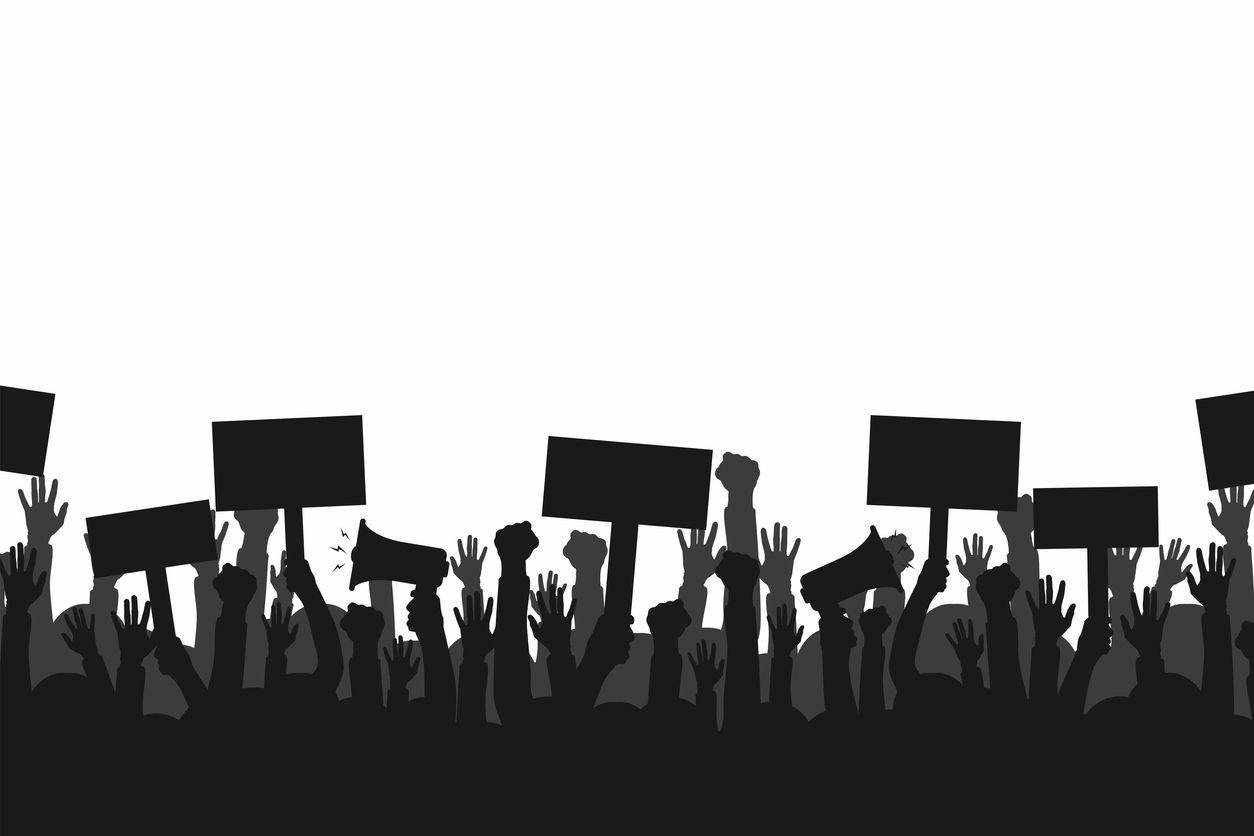SHOULD WE USE THE INTERNET TO SAVE THE WORLD?

In recent weeks, social media has been on a fire that doesn't seem like it's going to stop anytime soon. All the events that we are witnessing are only the culmination (or maybe the culmination is yet to come?) of problems that stretch over a long period, and it is difficult to remember a time when they were not present at all. From what has happened so far, we could already learn that we should not underestimate the power of the Internet and especially social networks as a means of information.
People-first content
The news that gen Z primarily uses TikTok as a search engine was probably what influenced Google to promise that in the future they will put "people-first content" at the top of searches. Therefore, the focus is on content created by people for people, not uninformative but well-optimized content that has so far often popped up at the top of the search list. The bottom line is – people trust other people and the information and stories they get from them. This is already evident on social networks, especially if we look into two problems that we want to deal with in this text.
The Iranian story
First, through TikTok, we all got a terrible story from Iran, where the so-called morality police who control women's behavior and appearance in public space probably led to the death of 22-year-old Mahsa Amini. After this protests began in Iran, where the death toll continued to rise. Information about the protests and the inhumane measures to suppress them spread on social media, prompting Iran to try to block the internet to silence its citizens. People around the world have decided that keeping quiet is not an option and have been re-sharing Iran-related videos en masse to raise awareness of the situation and get other countries to put pressure on the government in Iran.
Our story
Shortly after this, or sort of at the same time, our local mess started (in reality it did not start with this story, it only made it more obvious). By now we all know what it is about, even if we don't watch the news or read the newspapers because social media have made sure that we are informed – there was a serial rapist on the loose in Belgrade who had a huge chance of repeating his crimes. Panic among the women grew for days until a daily newspaper decided to publish an interview with the aforementioned rapist. Anger exploded once again and something similar to what happened in Iran occurred, luckily without casualties and without shutting down the internet. People protested and massively shared information about this event on social media.
Why do we have to see what is happening?
In both cases, the problem is the same – a lack of equality and freedom for women. It shouldn't surprise us that the number of women's stories of violence they endured is also increasing on social media. In addition to all these stories indicating that the system does not protect women and that those who supposedly stand for "family values" have nothing to say when a woman is a victim of violence, we can also see good examples of how the Internet and social networks help us to raise awareness and connect.
Women share their stories and learn that even though they have the impression that they are isolated from the world because of the violence they have suffered, they are not alone, and together we all see the seriousness and magnitude of the problem we are facing. Those who deny it out of ignorance (and not out of malice) are no longer able to ignore everything they see.
The power of information
In a video about the consequences of knowing/not knowing history, the American TikTok creator Danisha Carter talks about how today we live in the best time because we can attend historical events and share them with the world with just one click. No one can convince us that something is not happening if we see it documented on a huge number of accounts. Information is all around us, we just need to adopt it.
The Internet gives us the ability to see more and better, to connect and reach more people. Going back to the initial question – that is not at all what we should be asking. The real question is whether we can save the world like this. If we can – we should try doing so. And whether it is possible or not, we cannot know before that attempt. No one has done that before us. But, certainly, changes have always been driven by people. Many people shared the same or similar opinions and found space to unite. In modern times, the Internet is where we start moving together, and maybe it will lead to the fact that women in our country and other parts of the world have the same right to live and move freely as men do.
Author: Natalija Jovanović, Senior Content Manager


